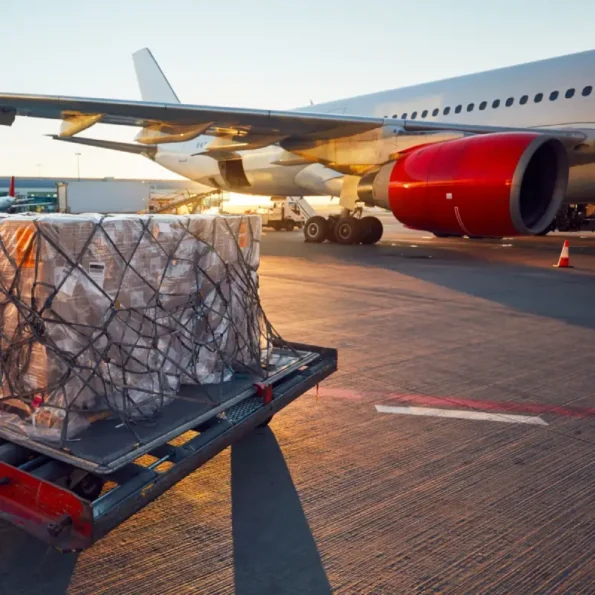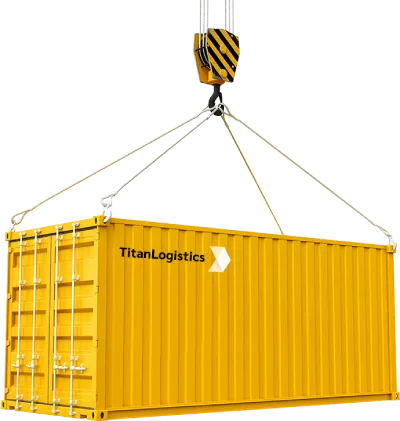
Understanding LCL and FCL
LCL - Less than Container Load
LCL (Less than Container Load): LCL shipping involves combining multiple shippers’ goods into a single container. This option is cost-effective for small shipments, as you only pay for the space you use.
FCL - Full Container Load
FCL (Full Container Load): FCL shipping means you rent an entire container solely for your cargo. It’s ideal for larger shipments and provides added security and exclusivity.
Comparing the Advantages:
-
Cost-Efficiency: LCL allows small and medium-sized businesses to access international shipping affordably.
Flexibility: You can ship smaller quantities without committing to a full container.
Reduced Inventory: LCL enables businesses to minimize inventory while still meeting demand. -
Transit Time: LCL shipments may take longer as containers are consolidated and deconsolidated.
Handling Risks: More handling increases the risk of cargo damage or loss. -
Security: FCL shipments are typically more secure as the container is sealed at the origin and only opened at the destination.
Faster Transit: FCL shipments usually have faster transit times due to fewer handling points.
- Higher Costs: Renting an entire container can be more expensive.
- Space Commitment: Businesses must have enough cargo to fill a container.
- Cargo Volume: LCL is suitable for smaller shipments, while FCL is better for larger quantities.







